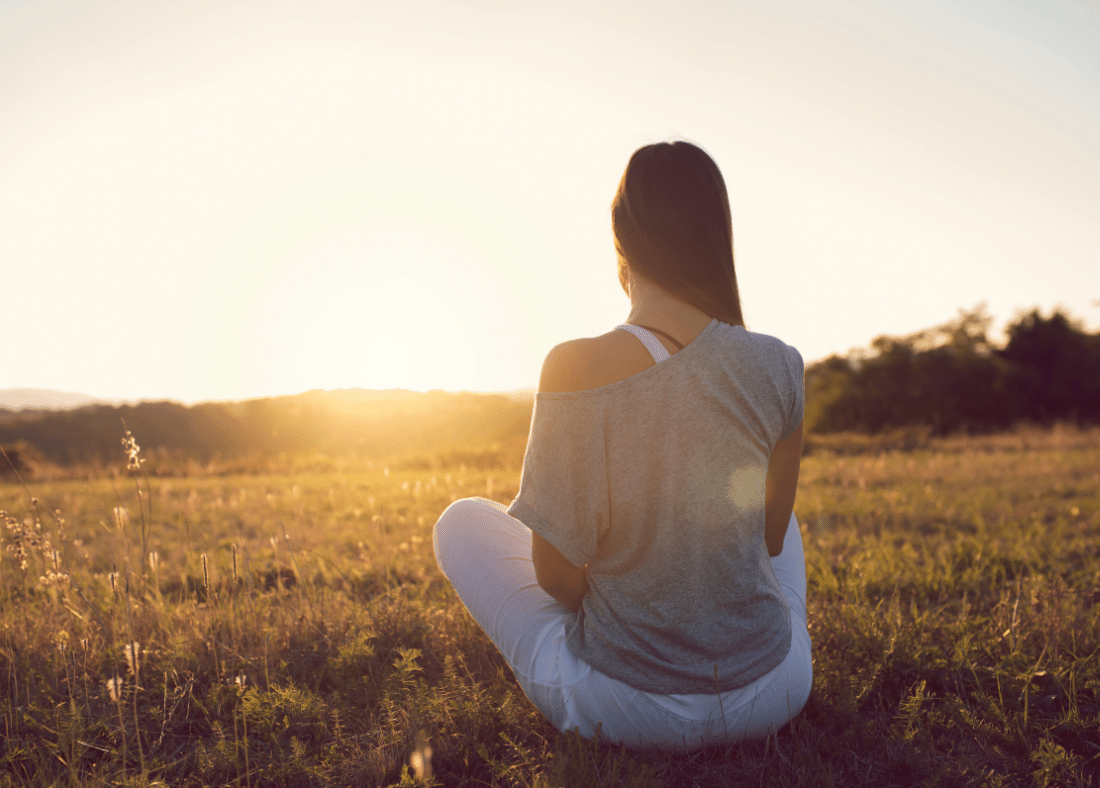What is Sun Gazing?
Andy MantGun gazing has been around for thousands of years as a religious and spiritual practice. Whilst many of us have never heard of sun gazing it can be quite dangerous is not done correctly.
Medical experts do not recommend this practice as starring at the sun may cause permanent eye damage.
Sungazing involves starring at the sun during periods of low UV, ideally at sunrise and sunset, to harness the healing powers of solar energy.
Are the spiritually gurus really correct it saying it can benefit health? Are the medical experts correct in that sun gazing can damage your eye sight?
Sun Gazing Explained
Sun gazing is the practice of starring at the sun, ideally during the morning and evening.
The most prominent sun gazer globally is Hira Ratan Manek. Hira is Indian and claims to be able to live purely off sunlight and water.

Hira's theory on sun gazing is that sunlight is the best source of energy for humans and is optimally received through our eyes.
Sun gazing can cause retinal damage if performed in the middle of the day which can be permanently damaging to the eye.
Is Sun Gazing Beneficial?
Proponents of sun gazing state that this ancient practice helps us spiritually. Due to the intense nature of starring at the sun, sun gazing is also a type of meditation.
Those who perform sun gazing do so for the following anecdotal benefits.
Focus - Healthy natural light exposure combined with deep state relaxation can help with improved concentration and focus.
Improves Sleep - Sunlight exposure can hep regulate the pineal gland which is responsible for the secretion of melatonin. By exposing yourself to sunlight on a daily basis you can improve your circadian rhythm and may be able to improve your sleep quality.
Vitamin D Synthesis - Vitamin D is produced when UVB light combines with 7-dehydrocholesterol in the blood. It has been shown in studies to be an excellent immune system builder. Regular and safe sun exposure can be highly beneficial to vitamin D production.
Improve Vision - Sun gazers have stated that their vision can actually improve when practicing this ancient art. However, supporting science does not agree with these claims.
Neurotransmitter Production - Studies has shown that regular sun exposure can influence the production of serotonin. This neurotransmitter is required to help stimulate melatonin products under the absence of blue and green light after sunset.
Is Sun Gazing Dangerous?
According to the American Academy of Ophthalmology (AOO) sun gazing is not recommended. The AOO recommends that we should never stare directly at the sun and always wear sunglasses that provide 100% UV protection when outdoors.

If you are hell bent on trying sun gazing we recommend you speak to a medical practitioner first and seek medical advice. You can also avoid starring at the sun when UV light is at its highest. Practicing sun gazing when UV light is low which is typically at sunrise and sunset is safer than doing it at midday.
Studies have supported claims that excessive UV exposure can lead to cataracts, photokeratitis, solar retinopathy and macular degeneration. Therefore, starring at the sun is not recommended given the supporting science. Permanent eye damage is not worth the risk of sun gazing.
How to Sun Gaze According to Hira Ratan Manek
Choose a time when the UV index is lowest. During sunrise or sunset works best. This is also great for your circadian rhythm as you will entrain your body clock by being outside during sunrise and sunset.
Choose a place to sit or stand where the sun's rays can directly enter your eyes. Grounding to the earth is also a god idea such as the beach, open field or mountain due to the anti-inflammatory effects of earthing.
Hira recommends not wearing sunglasses when sun gazing. Whilst we do not recommend this we have sunglasses that can be used when exposed to UV radiation.
You should only stare at the sun for a few seconds to start with, then slowly build up to longer periods. You want to be able to finish your practice before levels of UV radiation increase.
Sungazing is a great way to meditate so practicing slow and controlled breathing when practicing can be beneficial to your session.
Final Thoughts
Sun-gazing does not have the supporting science to determine it beneficial or safe. Some safe sun exposure is great for our health and wellbeing and we should at least continue to do this for optimal wellbeing.
An alternative to sun gazing is to meditate outside whilst connecting with nature.
Frequently Asked Questions
Is Sun Gazing Healthy?
Sun gazing is not good for your eyes and can actually be harmful. Solar radiation can lead to eye related diseases and should be managed through proper UV blocking eyewear.
What Are The Benefits of Sun Gazing?
There are no proven benefits to sun gazing. In fact it can be harmful to your eyes according to the experts.




